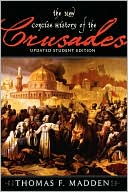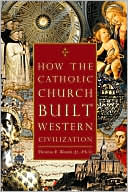From TownHall:
...In the First Amendment we see the balance between the federal government’s role in protecting religious practice and not coercing it. The First Amendment of the Constitution of the United States, which guarantees all Americans the freedom of speech, religion, press, petition and assembly, has this to say about religious practice: "Congress shall make no law respecting an establishment of religion, or prohibiting the free exercise thereof…”
The federal government cannot mandate a religious practice, nor can they prohibit religious practice. Unfortunately, in the last few decades we have seen many judicial rulings that demonstrate a desire to uphold the establishment clause of the First Amendment at the expense of the free exercise clause. This is completely contrary to the purpose of the First Amendment and a violation of it as well.
The first major case that undermined the balance between the establishment clause and the free exercise clause occurred in 1947. In Everson vs. Board of Education the Supreme Court, led by Justice Hugo Black, an FDR appointee and member of the Ku Klux Klan, reinterpreted the meaning of the First Amendment of the Constitution. This decision set in motion an unconstitutional chain of events that has undermined our First Amendment liberties ever since.
Just what did Justice Black and the other FDR appointees to the Supreme Court do? They hijacked a phrase used by President Thomas Jefferson, “separation of church and state,” found in a letter he wrote to the Danville Baptist Association in Virginia (1802). Jefferson’s letter was actually used by the court to limit religious freedom.
By taking completely out of context the phrase used by Jefferson in his letter, "separation of church and state," the Supreme Court ruled that the freedom of religious expression in the public square was a violation of the “separation of church and state” found in the Constitution. This is an astounding ruling, as the phrase “separation of church and state” is not even found in the Constitution. ...(more)


No comments:
Post a Comment